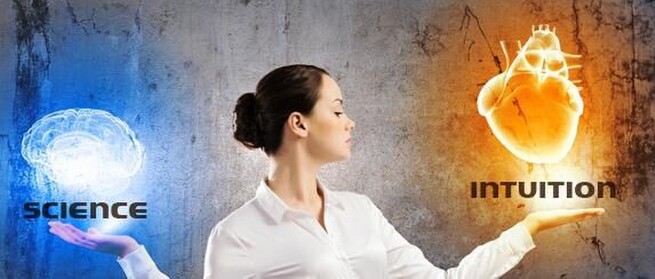Scientists who study the phenomenon of Intuition say it's a very real ability that can be identified in lab experiments and visualized on brain scans
Read on for gripping findings about your gut feelings, plus surprising ways to tune in to your body's signals and tap the inner powers of your mind!
Your Body
Research shows that our instincts often hit us first on a visceral level, telling us what we need to know well before our consciousness catches up.
Here's what happens when your intuition gets physical.
Stress SOS
It's easy to tell something's afoot when your heart is pounding, you're drenched in sweat, and your stomach is tying itself in knots.
But even if the shift in your pulse or perspiration is subtler, your intuition may still be trying to deliver a message.
The body, not the mind, became aware of the difference
Last year Barnaby Dunn, PhD, a scientist at the Medical Research Council in the UK, conducted a study in which he measured how accurately subjects could count their heartbeats during timed intervals.
Then he asked them to play a game, turning over cards from four different decks and winning or losing money based on the cards they drew. What they didn't know was that the decks were rigged: Two had more high-value cards, and two were stacked with losers. As the subjects played, a sensor recorded changes in their heartbeats.
After just a few rounds, the monitor showed a dip in players' heart rates whenever they went near certain decks.
The body, not the mind, became aware of the difference in the decks first—and Dunn found that some individuals who'd been better able to measure their own heart rates performed better in the game overall.
Scientists at the University of Iowa had performed a similar study earlier, measuring the perspiration on people's palms.
What they found
Players started generating stress responses to the bad decks—i.e., sweatier palms—within ten cards. Yet they didn't start suspecting that the decks were rigged until they'd turned over about 50 cards, and not until 80 cards were they able to fully explain how the decks were stacked.
Their clammy hands were signalling suspicion long before their conscious minds made the connection!
Tune in and meditate
You'll be able to better follow your heart (and your sweat glands) by practicing meditation.
A 2005 study found that in meditators, brain regions associated with sensitivity to the body's signals and sensory processing had more gray matter.
The greater the meditation experience, the more developed the brain regions.
Double Vision
Human eyesight might seem straightforward ...
The eye receives images, the brain processes them.
But we actually have two vision tracks—one conscious, the other intuitive—and as a result, the eye sees far more than we generally realize.
For instance, in a phenomenon known as blindsight, people who have gone blind because of brain damage can still navigate an obstacle course or identify emotion on a person's face, even though they can't consciously see it.
Their intuitive vision track is receiving visual stimuli, even though their conscious vision track isn't; they know what's around them—they just don't know how they know.
Blindsight patients are an extreme example, but they illustrate a phenomenon everyone experiences
We absorb and retain visual information that doesn't penetrate our conscious mind.
Joy Hirsch, PhD, director of the fMRI Research Center at Columbia University Medical Center, has shown that our brains react with anxiety to images of faces expressing fear—even when such images are flashed so quickly we have no idea we've seen them.
"The amygdala, which plays an important role in emotional processing, activates in response to these pictures even when they're displayed for only 33 milliseconds—too fast to register in our conscious awareness," says Hirsch.
This reaction stems from our earliest origins
When our ancestors confronted strangers, those who quickly discerned the newcomers' feelings and motives were more likely to survive.
Because we're so dependent on our sense of sight, we're not used to trusting our intuitive vision track
"We all process things that we're not consciously aware of—it's a feeling of knowing that uses an older brain structure," says neuroscientist Beatrice de Gelder, PhD, who researches blindsight.
'But because we're so dependent on our sense of sight' she says, 'We're not used to trusting our intuitive vision track'
"If you find yourself in a situation that's making you feel nervous, you may have spotted a reason for concern without even knowing it.
So pay attention to the sensation."


